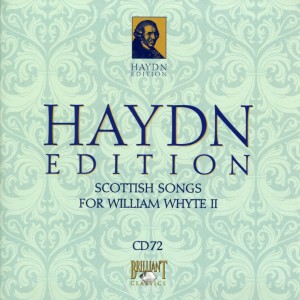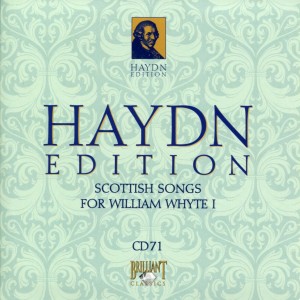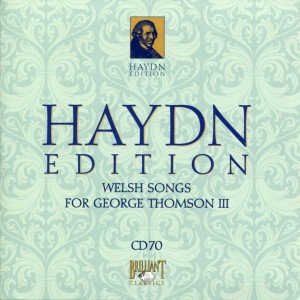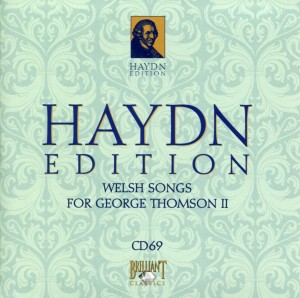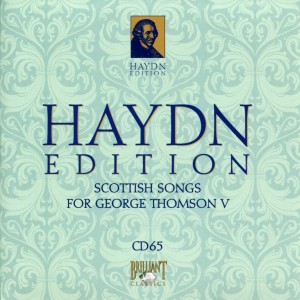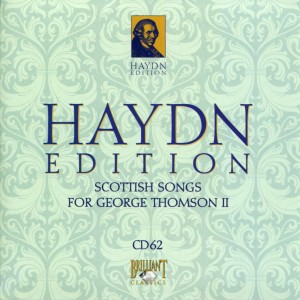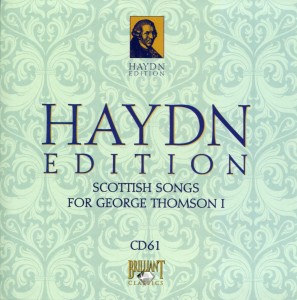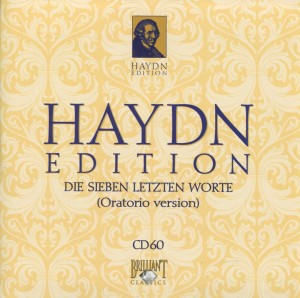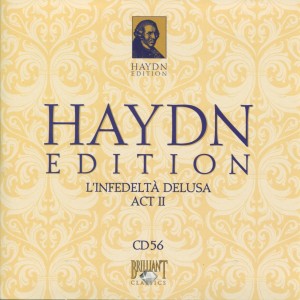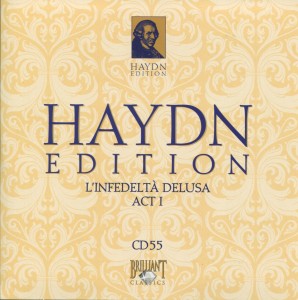I’m sure the Global Warming folks have a reason for the cold and snow that has gripped America’s Midwest. But, to my way of thinking, it has nothing to do with Global Warming.
It’s those Canadians.
It’s their fault.
We keep getting their weather streams, pushed down well into the U.S., turning Michigan into a barren, frigid wasteland in early December rather than waiting until, well, late December.
Come to think of it, Michigan is a barren wasteland most of the time.
So I guess I’ll just continue to listen to these Scottish Songs, and sip my Light Roast Coffee.
Once again, the CD sounds different today from what it sounded like yesterday. The singing is different. The songs are different. The tempo is slower.
I wonder if this was intentional on the part of Brilliant Classics, the label that produced these CDs. It can’t just be me hearing things differently every other day…can it?
After all, today’s CD features Continue reading

